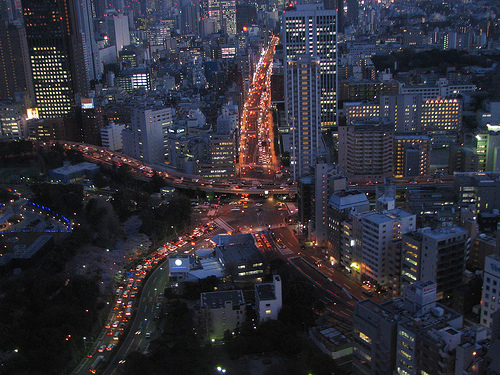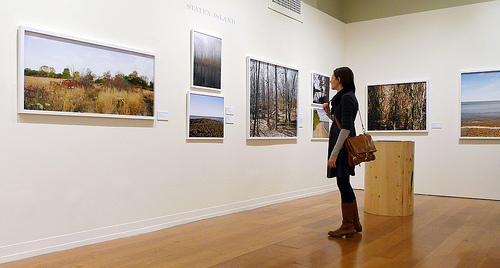People in the more highly developed areas of planet Earth generally don’t bother to think about our connection with nature all that often. When the subject is encountered, it’s usually passive – from a source other than nature herself and described in technical terms rather than relating the experience in first person as it was meant to be encountered.
We, in our isolated and highly technical world, no longer sense the importance of, nor the necessity for, our connection with nature. Children, and indeed many adults, are more able to identify brands and logos that have come to represent necessities for survival in this environment rather than the clues and warnings from the natural one we’ve descended from.
Our lack of physically experiencing natural settings has deprived us of many benefits to our nervous systems and metal health.
Relation to the Paranormal
Our bodies and minds are designed to work closely with the natural world. The arena of paranormal experience is rooted in nature through heredity and reenforced through customs and daily practices.
In our quest to advance, we’ve gained great potential. At the same time, we’ve abandoned much and are largely unaware of the cost and implications the decisions carry.
The core of the psychic experience appears to be awareness and feeling, which is not the same as using technology to explain psychic phenomena. We are at a crossroad that may determine the manner in which future peoples will experience both the every day and the paranormal.
 One of my friends jokes that rather than developing telepathy, for instance, people today use instant messaging. Rather than becoming directly aware of the details of a subject by tapping into the Universal Mind, we log onto the Internet and reference our favorite search engine, receiving the information in a slower, biased, and less complete format.
One of my friends jokes that rather than developing telepathy, for instance, people today use instant messaging. Rather than becoming directly aware of the details of a subject by tapping into the Universal Mind, we log onto the Internet and reference our favorite search engine, receiving the information in a slower, biased, and less complete format.
To be sure, there are definite advantages to retrieving news and articles from the Internet. You’re doing it now and you’re efforts are appreciated. This post, the entire web site, and indeed the Unfolding Series itself is only meant to be a stepping stone along a path that will lead you to a richer and more rewarding life.
This crossroad offers us a choice of evolutions between continuing to use our natural abilities or replacing them with technological means.
There is another way – the middle path – in which we make conscious decisions to selectively augment our inborn abilities with technological means, but not at the cost of the very thing that makes us the species we are.
____
Our Human Connection with Nature
This is the topic author and naturalist Graeme Gibson presents in his lecture Echoes of a Working Eden.
Gibson begins with to quotes:
1 – The natural world is embedded in our genes and cannot be eradicated. (E. O. Wilson)
2 – Technology is a way of organizing the world so that man doesn’t have to experience it. (Max Frisch)
Our environment continues to change. In our move from natural settings to complex artificial ones, the human species has become domesticated thus limiting our development rendering us less than we could be.
Gibson’s lecture is interspersed with facts and examples as he addresses what we’ve lost, what we vaguely remember, and what we might reclaim.
____
Echos of a Working Eden by Graeme Gibson:
Cited within Gibson’s lecture is the BBC article Nature deficit disorder ‘damaging Britain’s children‘
Please take the time to click over to the story,
Thanks,
– Jeffrey A. Limpert
__________________
References:
http://c.brightcove.com/services/viewer/federated_f9?isVid=1&isUI=1
http://www.bbc.co.uk/news/science-environment-17495032
Image Information:
Museum of the City of New York
By pixonomy (Daniel Huggard)
Museum-City-of-New-York
_____
crossroads at night
By dsmoljanovic (Domagoj Smoljanovic)


 Amazon – Unfolding: Awakening
Amazon – Unfolding: Awakening